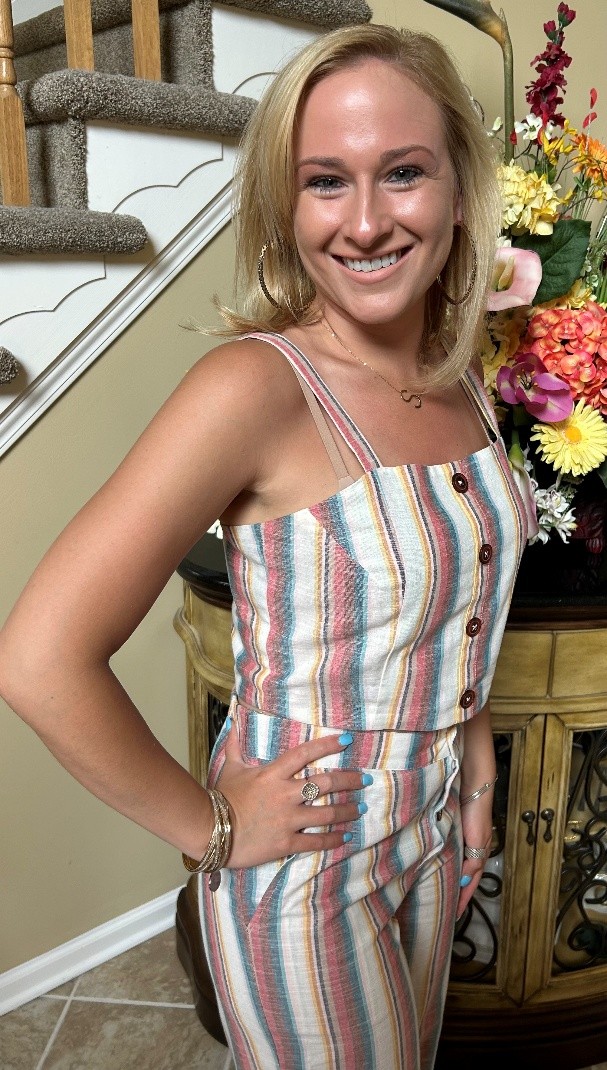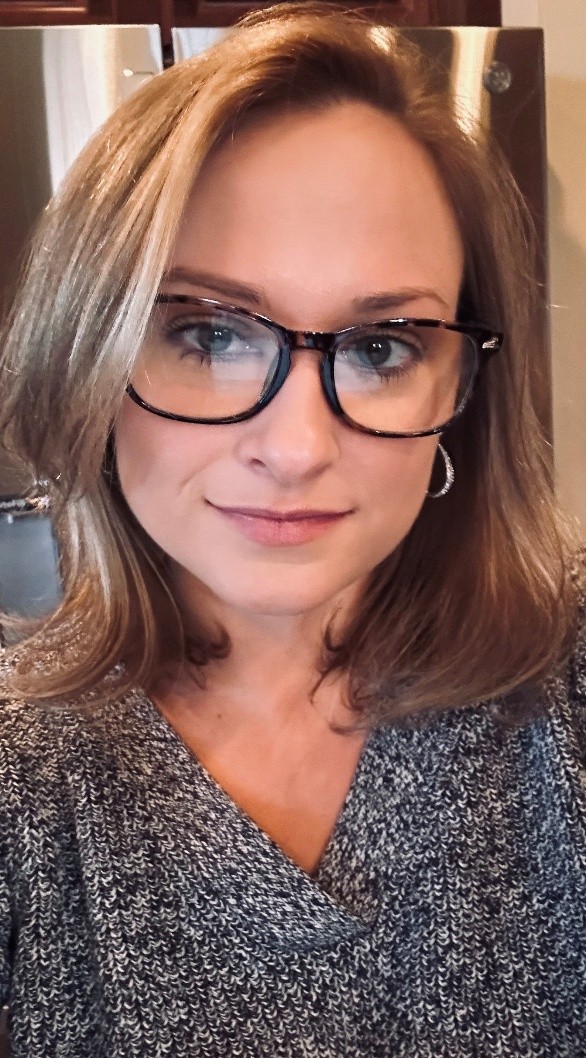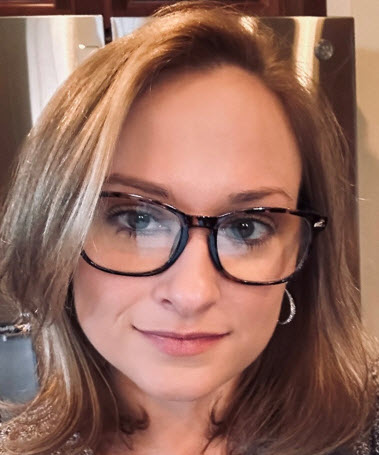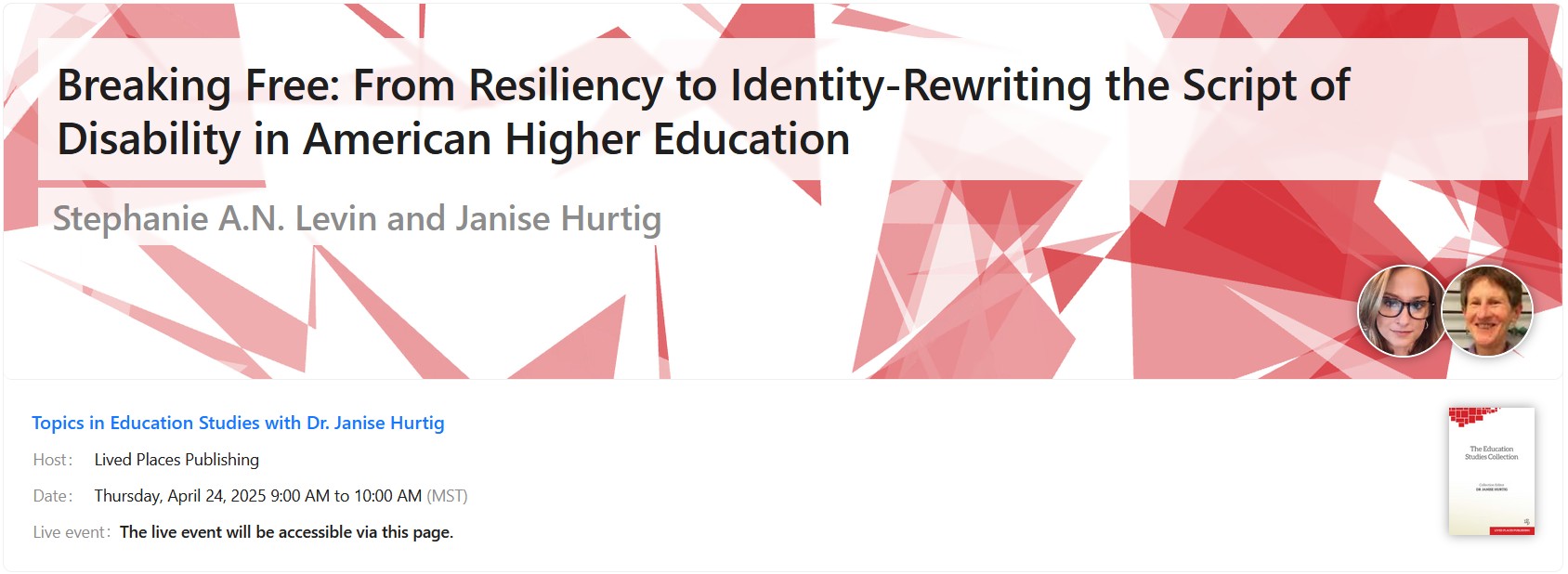
Picking Up the Pieces
Finding My Way as a Visually Impaired Woman in Higher Education
My name is Stephanie Levin, and I am an author, a disability advocate, and an Ed.D. candidate. My work focuses on providing equitable environments for students with disabilities within higher education. My passion for promoting equity within post-secondary education for students with disabilities began with my own disability challenges.
At the ages of 20 and 22, I experienced two retinal detachments which caused me some vision loss in my right eye. This experience nearly broke me as I endured ableism and stigmatization within higher education. My identity as a woman was severed, and I felt that there was no coming back from this experience. I was broken, and I could not accept my new normal. Over time, I began to accept my new identity as a visually impaired woman, and in my heart, I knew that my story could be used to help others who are like me.
Because of my experiences, I decided to write my book titled Picking up the Pieces: Finding my way as a Visually Impaired Woman in Higher Education. Within this book, I educate you about my disability of being visually impaired and about disability more broadly within higher education. Also, within my book, I tell you my personal story of dealing with visual impairment and how I essentially picked up the pieces of my own life. I want my book to serve as a catalyst for not only change within the realm of disability but also for hope. With every challenge that life brings us, please remember that there is hope, and things do get better. My story is proof of that.
Examine the barriers, stigma, and challenges that students with visual impairments experience within higher education settings.

Stephanie A.N. Levin – Picking Up the Pieces
Drawing on personal experience, I provide an overview of disability history within higher education settings and explains the impact of poor care on disabled students. I was only 20 when I experienced retinal detachment that required surgery. Shortly afterwards I experienced retinal detachment in the same eye which resulted in vision loss. With my newfound identity as a visually impaired woman, I struggled with post-traumatic stress disorder, depression, and anxiety. I refused accommodations within my university for fear of stigmatization, but I found that my acquaintances, professors, and friends viewed me differently.
Through themes of trauma and identity, this book is ideal reading for teachers, carers, and disabled students as well as students of Disability Studies and Education.
✓ Champion accessibility in education
✓ Support fellow students’ success

